March 8th – 12th: Radar Ost in Berlin
If you’re a fan of performing arts, the Radar Ost International Theatre Festival in the capital is well worth checking out this March.
The Deutsches Theater in Berlin will host five intense days of theatre, exhibitions, concerts, performances and personal insights from and with artists from Eastern Europe.
READ ALSO: Berlin film festival shines stark spotlight on Ukraine
The fifth edition of the festival will focus thematically on the war in Ukraine and feature guest performances from Ukrainian, Belarusian, Georgian and Slovenian artists.
March 10th to April 2nd: Strong Beer Festival in Munich
Though most famous for Oktoberfest, Munich is also home to another beer-based celebration every year in March.
The Starkbierfest, or Strong Beer Festival, which traditionally takes place between Fasching and Lent, has been celebrated by breweries in the Bavarian capital since the 15th century.
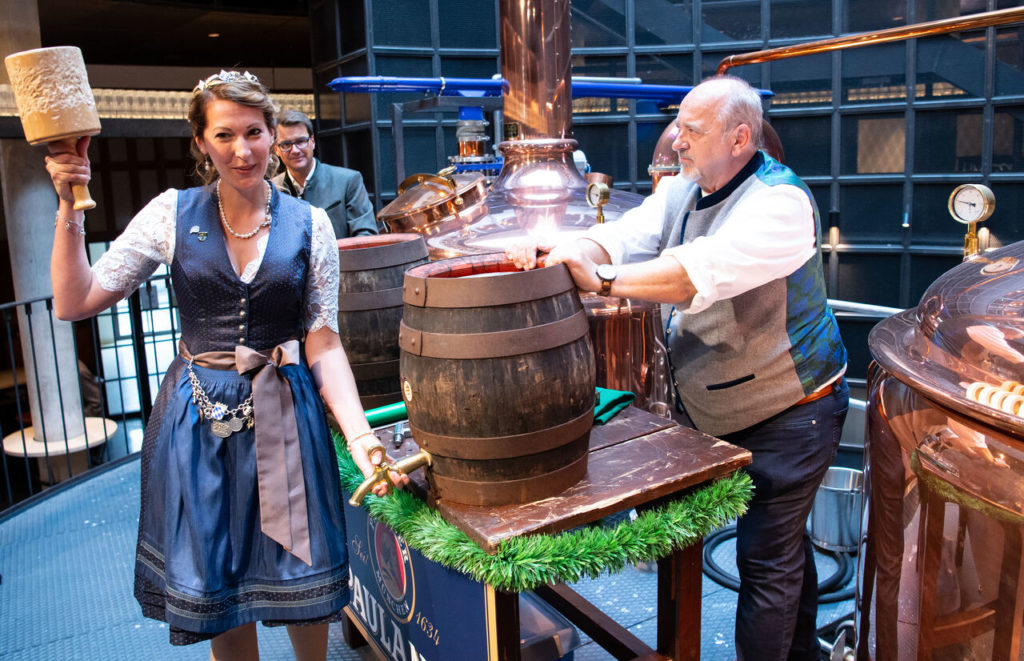
For three weeks, the beer halls and breweries throughout the city will flow with stronger varieties of beer – both in terms of alcohol and nutritional content. The tradition goes back to a time when monks brewed strong, nourishing beers to help them survive the weeks of lasting during Lent.
The main events will take place at Paulaner am Nockherberg, but you’ll find plenty of strong-beer-related festivities taking place throughout the city, especially at the Löwenbräukeller and the Augustiner Keller.
March 11th, 12th and 17th: St. Patrick’s Day Celebrations:
The feast day of Ireland’s patron saint, St. Patrick, certainly doesn’t go unmarked in Germany.
There’ll be parties and events in Irish pubs up and down the country on March 17th, but the Bavarian capital of Munich will host the biggest celebration.
The Irish community in Munich have celebrated the feast day on the weekend before the actual Irish national holiday since 1996 and this year will be no different.
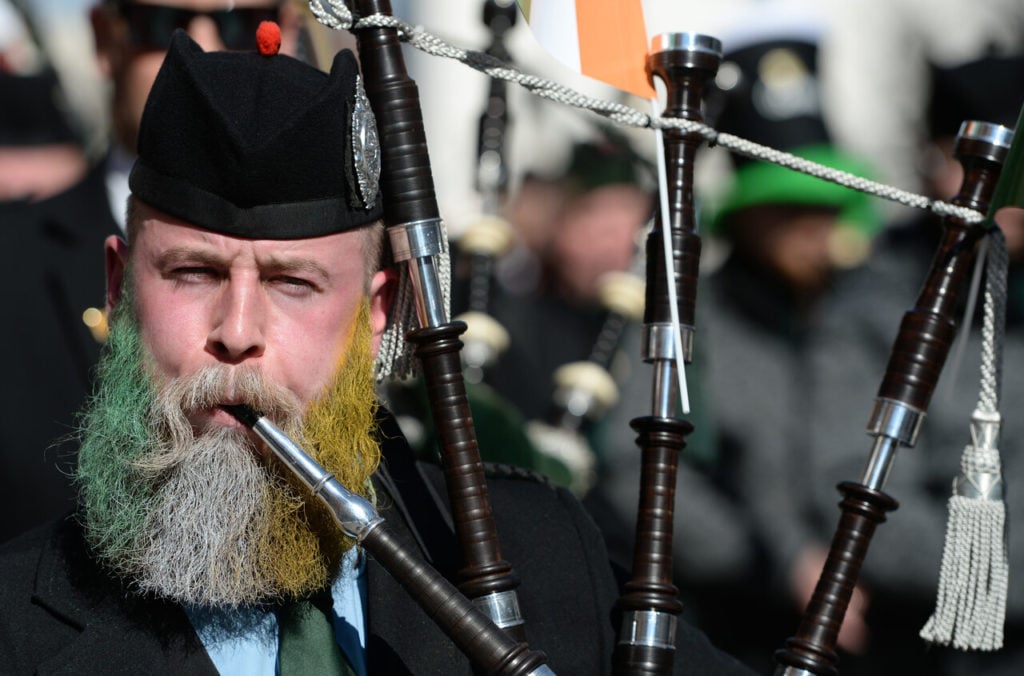
On the 11th, there will be a pre-parade party, an Irish mass at St. Ludwig’s catholic church, an “Irish Night” and a concert programme.
The highlight of the weekend will be the parade on Sunday, March 12th, which starts at noon at Münchner Freiheit and lasts around an hour.
The parade will be accompanied by an open-air festival with live music and dancing on two stages at Odeonsplatz. Munich’s Lord Mayor Dieter Reiter is the patron of St. Patrick’s Day and will perform together with the Paul Daly Band.
March 17th – 26th: MaerzMusik in Berlin
For ten days, the Haus der Berliner Festspiele and numerous other venues throughout the capital will host concerts, performances, musical theatre pieces and installations in a festival that promises to create “a place for the exchange of artistic knowledge through new encounters and shared experiences”.
This year’s programme has been developed by the artistic director of the Berliner Festspiele and music journalist Kamila Metwaly and her team with composer and conductor Enno Poppe as guest curator.
Highlights include concerts and performances by asamisimasa from Norway, Nadar Ensemble from Belgium, Riot Ensemble from London and Spółdzielnia Muzyczna from Poland.
The full programme can be found here.
March 18th – 19th: VeggieWorld in Düsseldorf
For vegetarians, vegans or just lovers of all things veggie, this two-day fair in Düsseldorf is a must-visit.
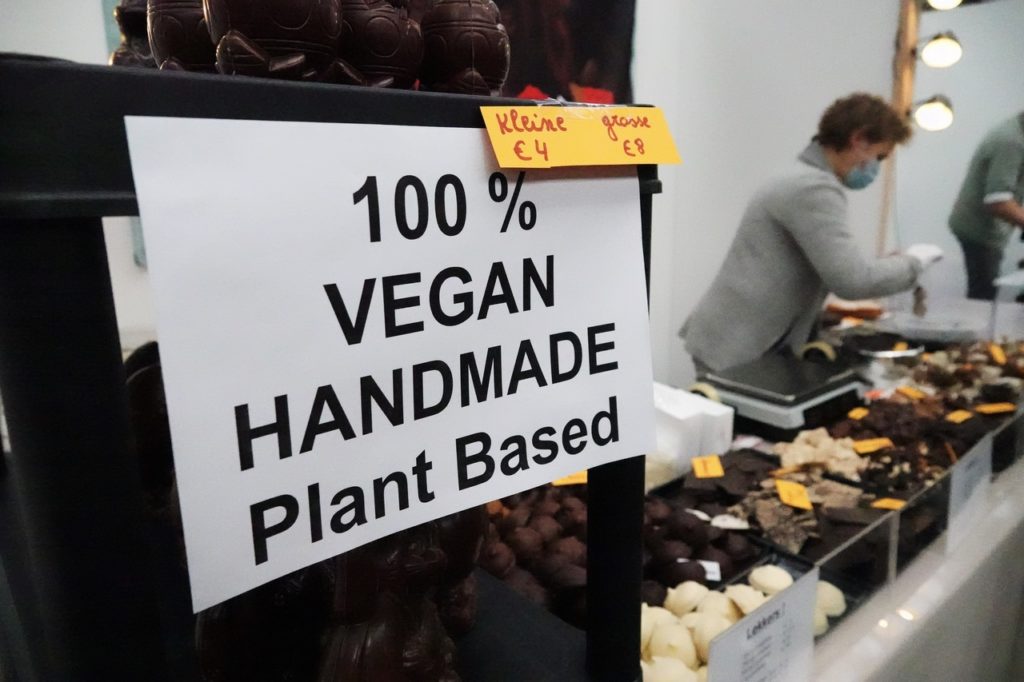
Around 100 exhibitors will present their meat-free or vegan culinary delights at the Areal Böhler conference centre. Vegan kebabs, noodles made from chickpeas with vegetables, muffins without egg and milk and muesli made from hemp seeds are just a few examples of the tasty treats that will be on offer.
VeggieWorld also features cosmetics that are free of animal testing or animal products.
March 24th – April 23rd: Frühlingsdom in Hamburg
Three times a year the largest folk festival in northern Germany comes to the Heiligengeistfeld in Hamburg.
Popular amongst locals and tourists alike, the legendary spring fun fair is a huge spectacle featuring rides – from the iconic Ferris wheel to rollercoasters – food stalls, fortune tellers, break dancers and much more.
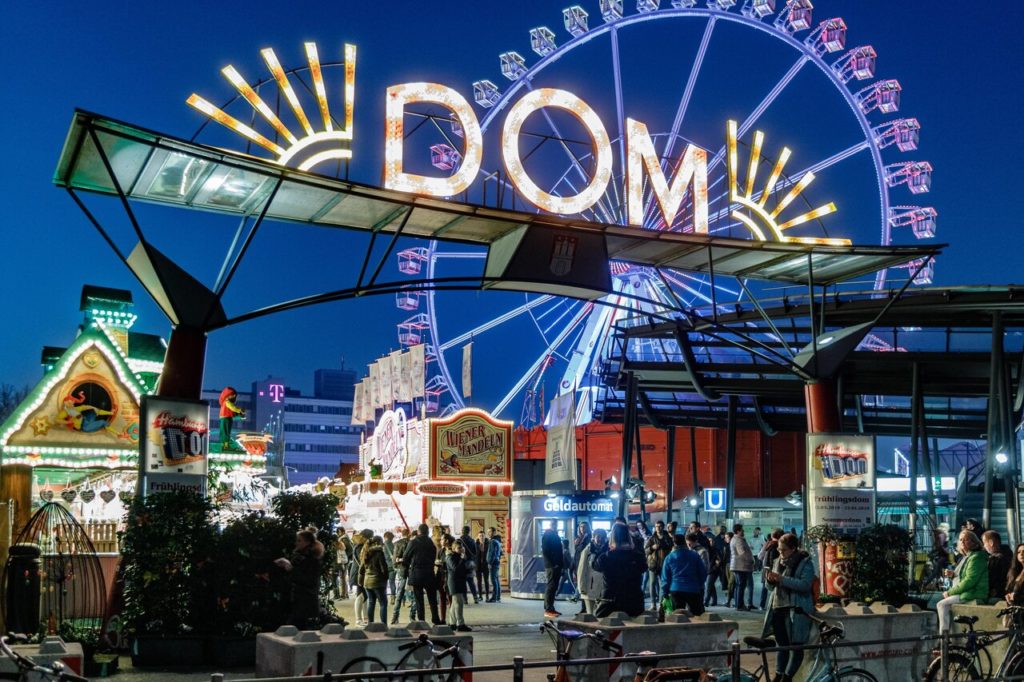
In total, there are over 230 different attractions on offer at this Volksfest which dates back over 700 years.
Every Friday at 10.30 pm the sky above the festival will also be lit up by a fireworks display.
March 18th – April 4th: Spring folk festival in Würzburg, Bavaria
Every year, three weeks before Easter, the first major folk festival in Bavaria begins in Würzburg. A large marquee and around 50 fairground rides, as well as traditional cuisine, trendy street food and drink stands, will put visitors in a folk festival mood.
The three-week festival boasts an impressive entertainment programme, featuring live music, line dancing, marquee boxing, tree scrambling and plenty of activities for kids.

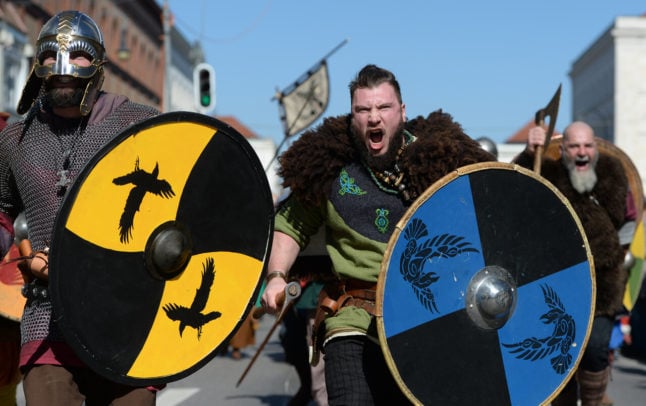
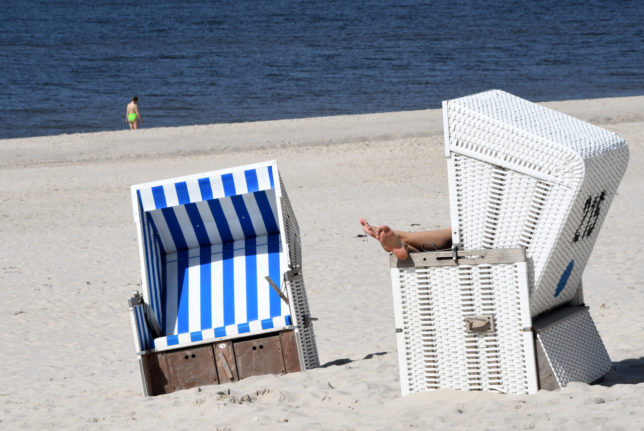
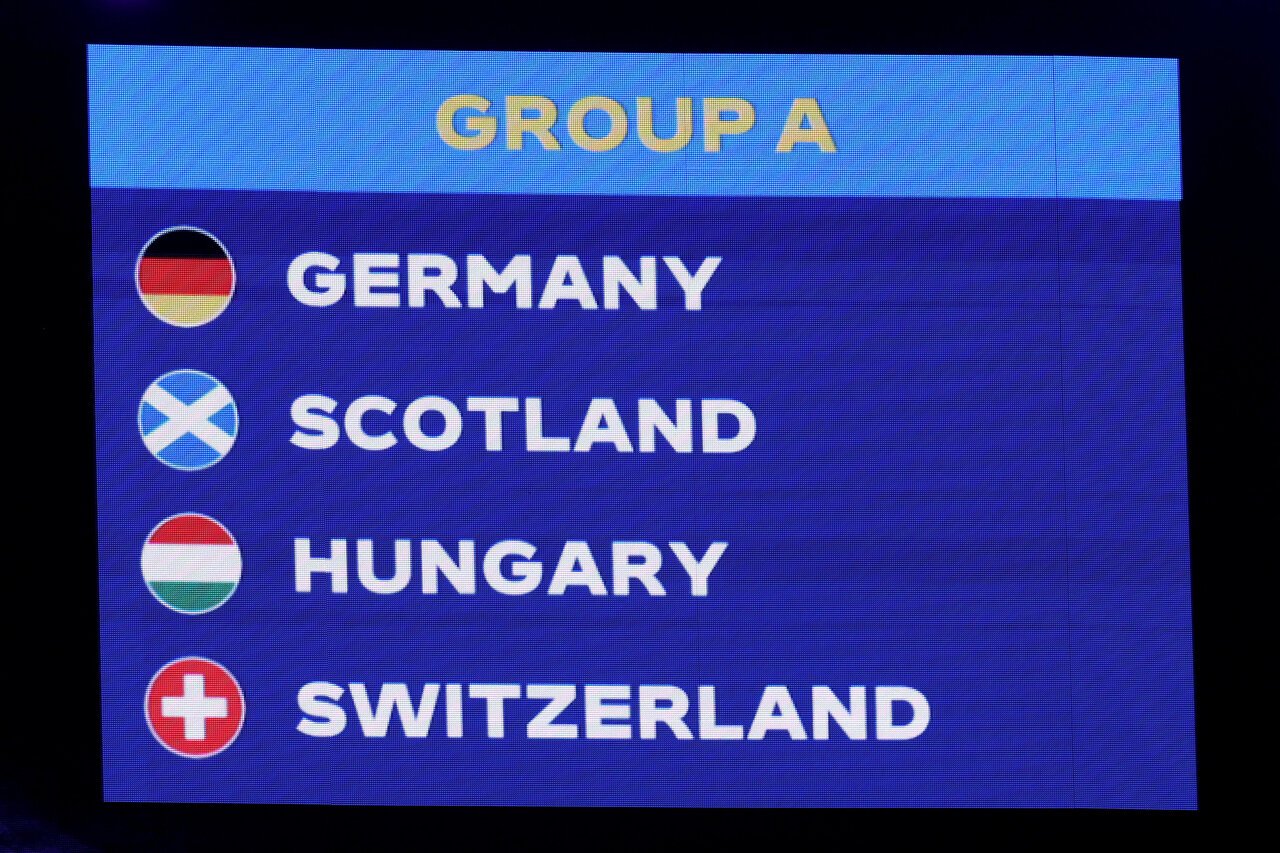
 Please whitelist us to continue reading.
Please whitelist us to continue reading.
Member comments